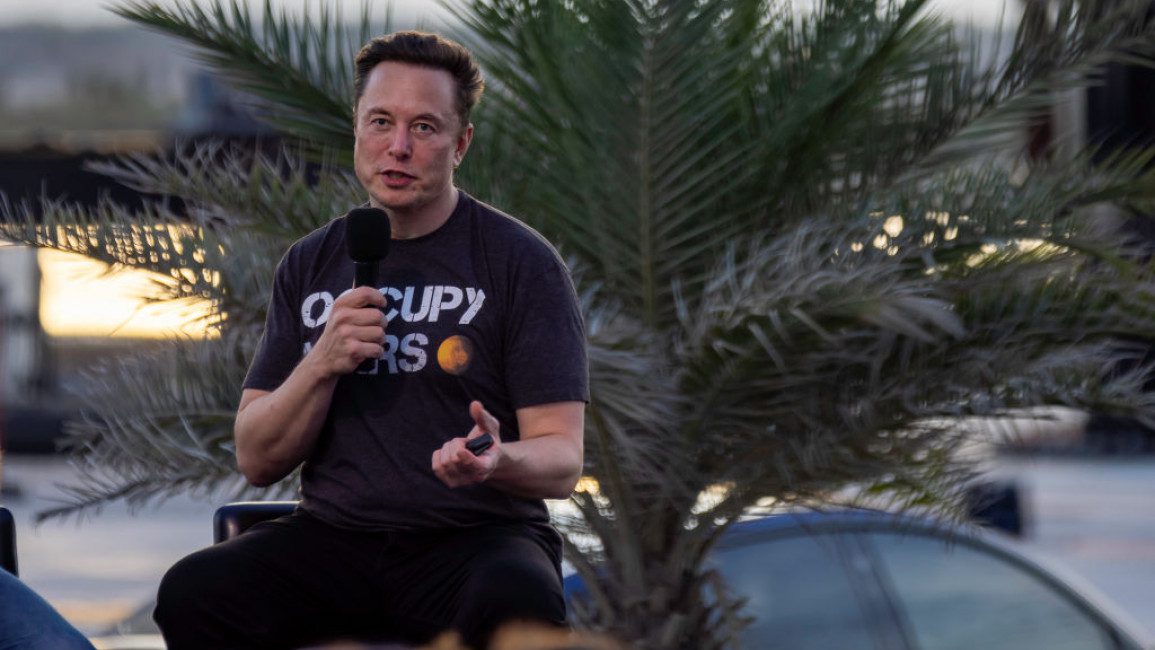World
Elon Musk declines invitation from Hamas

Elon Musk, the CEO of Tesla and SpaceX, has turned down a senior Hamas official’s request to visit Gaza and observe the effects of Israel’s ongoing attacks on the Palestinian territory. During a recent visit to Israel, the US billionaire acknowledged that the country had no choice but to destroy Hamas.
The Palestinian armed group would be pleased to show Musk “the extent of the massacres and destruction committed against the people of Gaza, in compliance with the standards of objectivity and credibility,” Hamas political bureau member Osama Hamdan stated at a press conference in Beirut, Lebanon, on Tuesday.
In response to a question about the invitation on X (previously Twitter), Musk said, “[it] seems a bit dangerous there right now.” However, he continued, “I do think that a long-term prosperous Gaza is good for all sides.”
The US billionaire’s comments followed his Monday trip to Israel, during which he saw President Isaac Herzog and Prime Minister Benjamin Netanyahu and took a tour of a kibbutz that had been destroyed by Hamas.
In their talk, he also expressed agreement with Netanyahu’s position on Hamas, saying that “those who are intent on murder must be neutralized.”
Musk’s visit to Israel coincided with the billionaire’s fall from grace due to allegations that he had “anti-Semitic” views. Specifically, he wholeheartedly agreed with a post that accused Jews of “pushing the exact kind of dialectical hatred against Whites that they claim people should stop using against them.”
The Jewish advocacy group Anti-Defamation League (ADL) accused the billionaire of permitting hate speech on X, and the two organisations had previously clashed. Musk has vowed to sue the organisation and refuted the accusations of anti-Semitism.
Following Hamas’ attack on Israel on October 7, the combat broke out, resulting in thousands of deaths on both sides, a humanitarian disaster, and extensive destruction in Gaza. Tensions between pro-Palestinian and pro-Israeli communities worldwide have increased along with the intensity of the conflicts.
